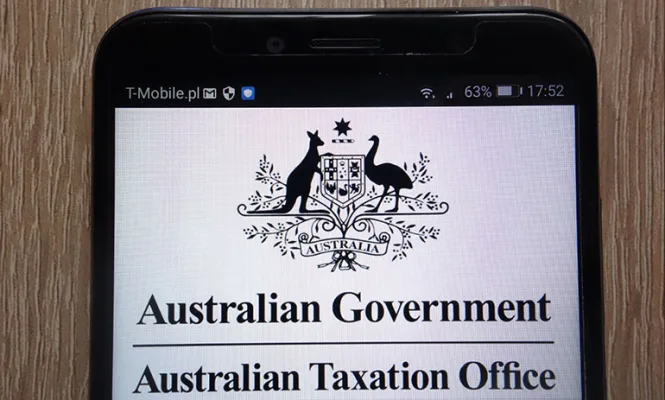Tax season is a time that can invoke mixed feelings for many individuals and businesses alike. In Australia, understanding and meeting tax deadlines is crucial to ensure compliance with the tax laws and avoid unnecessary penalties. Whether you’re a business owner, a sole trader, or an individual taxpayer, staying organized and informed about tax deadlines is essential. In this blog, we’ll explore the key tax deadlines in Australia and provide some useful tips to help you manage your tax obligations efficiently.
Income Tax Return Deadlines: For individuals, the income tax return deadline in Australia is typically on October 31st each year. However, if you’re using a registered tax agent like us at Impact Taxation, you may be eligible for an extended deadline, usually until May 15th of the following year. It’s important to note that lodging your tax return early can have its benefits, such as receiving your tax refund sooner and avoiding last-minute stress.
Business Activity Statement (BAS) Deadlines: Businesses in Australia are required to submit Business Activity Statements (BAS) on a regular basis. The frequency of lodgement depends on your business turnover and registration status. For small businesses with a turnover of more than $75k, it is required for them to lodge quarter BAS to report GST. The deadlines for lodging and paying the BAS are generally the 28th day of the month following the end of the relevant quarter (e.g., April 28th for the January to March quarter). If you have a registered tax agent, you will get further extensions for the lodgements. Please refer to this ATO link for more information: BAS agent lodgment program 2023–24.
Pay As You Go (PAYG) Withholding Deadlines: Employers are responsible for withholding and remitting PAYG taxes from their employees’ salaries. The deadlines for reporting and paying PAYG withholding obligations depend on the size of your business and the frequency of your pay runs. Generally, if your annual withholding is less than $25,000, you can lodge and pay on a quarterly basis. For larger employers, monthly PAYG obligations may apply. Ensure you meet the deadlines to avoid any late payment penalties.
Superannuation Contributions Deadlines: Employers in Australia must make regular superannuation contributions on behalf of their eligible employees. The deadline for making these contributions is generally within 28 days after the end of each quarter. Timely payment of superannuation contributions is crucial to fulfill your legal obligations and avoid penalties. Remember, contributions made after the deadline may not be tax-deductible, so it’s essential to stay on top of this requirement.
Goods and Services Tax (GST) Deadlines: If your business is registered for the Goods and Services Tax (GST), you will have specific reporting and payment obligations. Most businesses report and pay GST quarterly, with the same deadlines as the BAS lodgement mentioned earlier. It’s vital to keep accurate records of your sales and purchases to ensure accurate GST reporting.
Tips for Managing Tax Deadlines:
a. Use technology: Consider using accounting software or online tools that can help streamline your tax obligations. These tools can automate calculations, track deadlines, and generate reports, making the process more efficient.
b. Seek professional advice: Engaging a registered tax agent or accountant can provide valuable guidance and support. They can help you understand your specific tax obligations, assist with lodgement, and ensure compliance with the tax laws.
c. Stay organized: Maintain proper record-keeping practices throughout the year. Keep track of income, expenses, invoices, and receipts to make tax time less stressful and more manageable.
d. Plan ahead: Take the time to plan for upcoming tax obligations. Set reminders for key deadlines, estimate your tax liabilities, and ensure you have sufficient funds to meet your tax obligations when they arise.
In conclusion, understanding and meeting Australian tax deadlines is essential for individuals and businesses to stay compliant with tax laws and avoid penalties. By staying organized, seeking professional advice, and utilizing technology, you can effectively manage your tax obligations and stay ahead of your financial responsibilities. Whether it’s filing your income tax return, submitting Business Activity Statements (BAS), meeting PAYG withholding requirements, making superannuation contributions, or reporting GST, being aware of the specific deadlines and taking proactive measures can significantly reduce stress and ensure a smooth tax season. Remember, proper planning and record-keeping throughout the year are key to successfully navigating Australian tax deadlines. Stay proactive, stay informed, stay ahead of your financial obligations and ask us for help.





